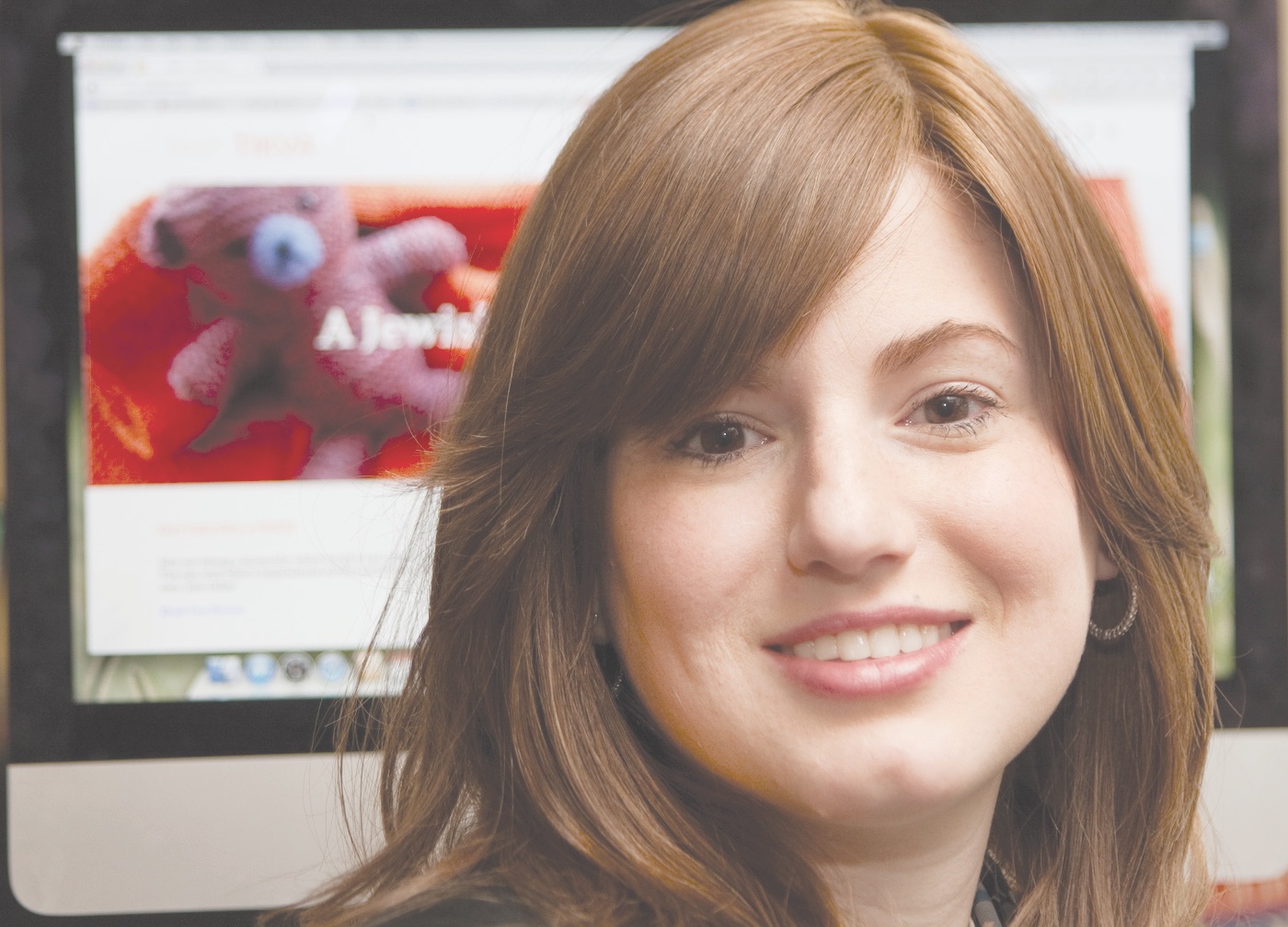 Gila Block. Photo courtesy of Gila Block
Gila Block. Photo courtesy of Gila Block At age 30, Los Angeles marriage and family therapist Carole Lieber Wilkins was diagnosed with premature ovarian failure. She now counsels others dealing with fertility challenges.
“Very few things in the world are as isolating as infertility,” Lieber Wilkins said. “Depression levels have been identified as equal to cancer patients and HIV patients.”
What makes matters worse, she said, is that in certain communities infertility isn’t talked about. And when it is, people might offer unhelpful advice or insensitive comments, such as: “Just relax.” “Pray.” “It’s God’s will.” “You’re too stressed.” Lieber Wilkins said people should ask: “How can I help?” “What do you need?” “How do you feel?” “What is the experience like?”
On a recent Sunday morning, Lieber Wilkins was one of the speakers at an event where about two dozen Jewish women, most in their 20s and 30s, gathered to learn about infertility — its myriad causes, how to support friends and family members struggling with it, how devastating a diagnosis can be, and the approaches some people take in response to a diagnosis.
“Very few things in the world are as isolating as infertility.” — Carole Lieber Wilkins
Although infertility is difficult under any circumstances, Jews face additional stress when navigating infertility, said Gila Block, executive director and founder of Yesh Tikva, the organization that organized the free event. That stress, she said, comes from the communal pressure to have a family and pass along tradition to the next generation. In addition, she said, many Jewish rituals revolve around children, which can make people feel excluded when they are struggling to build a family.
Block, 29, started Yesh Tikva — which means “there is hope” in Hebrew — with the help of four other women in New York in 2015 during her struggle with infertility. The national organization is run by volunteers. Block returned to her native Los Angeles in 2016 after nine years on the East Coast. She is a behavioral therapist.
While Yesh Tikva (yeshtikva.org) initially served only the Orthodox Jewish community, Block said she and fellow organizers realized the need for infertility resources across Jewish denominations. Today, Yesh Tikva provides education, emotional support and peer counseling to anyone in the Jewish community. Some 200 individuals have received individual support from the organization, and more people have attended its special events such as the recent panel discussion. Yesh Tikva also provides support services for men, although women are more likely to seek help, Block said.
Dr. Diana Chavkin, a fertility specialist with HRC Fertility, co-host of the recent event, talked about the medical definition of infertility: For women younger than 35, it’s the inability to conceive after a year of trying; for women older than 35, it’s after six months of trying. Chavkin also reviewed many of the causes of infertility and medical interventions available.
Jennifer Siegel, a genetic counselor with Sema4, a venture of the Mount Sinai Health System and a sponsor of the event, talked about the importance of carrier screenings to detect genetic mutations before trying to conceive.
Yesh Tikva hosts a free monthly support group in Los Angeles for women navigating infertility. It also can connect individuals with peer mentors or other individuals in a similar situation.
One in 8 men and women in the Jewish community, as in the world at large, face infertility, Block said.
“A big part of the pain of going though infertility is people not understanding what you are going through and unintentionally saying something hurtful,” she said. “We’re looking to take away the unnecessary comments like, ‘How many children do you have?’ when you first meet someone. This can be such a painful question to be asked.”
“The reason why [we did] this event, and the premise of everything we do, is education.”






















 More news and opinions than at a Shabbat dinner, right in your inbox.
More news and opinions than at a Shabbat dinner, right in your inbox.